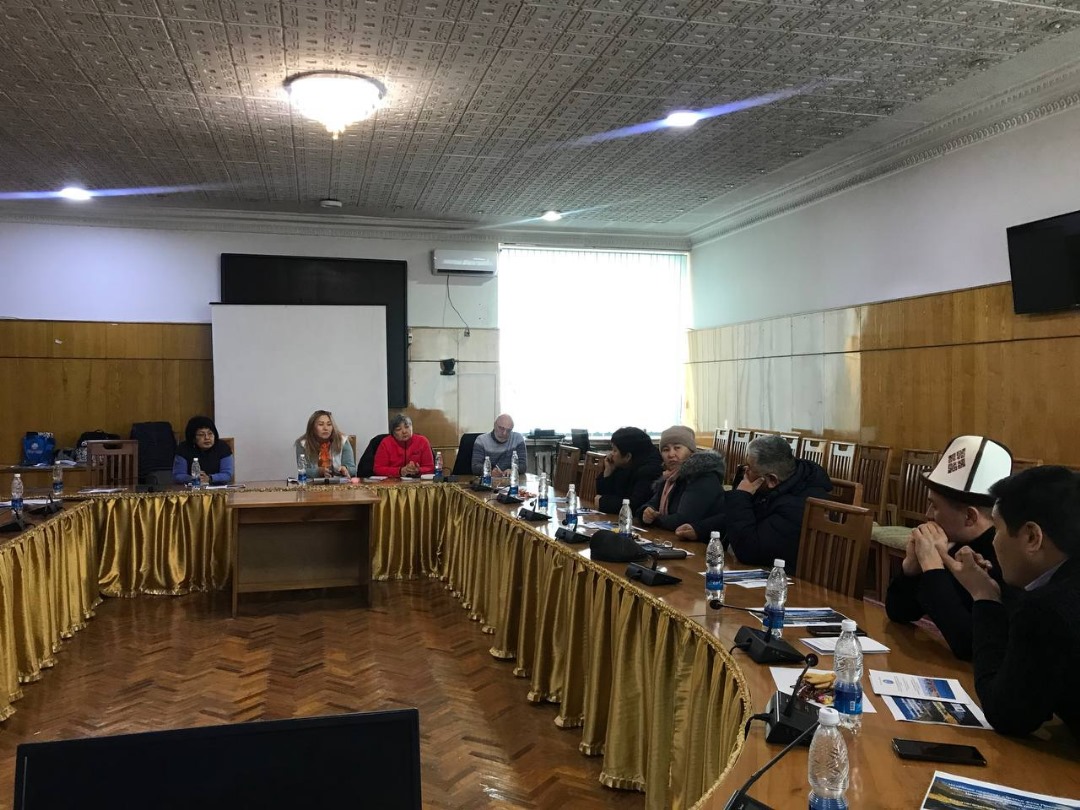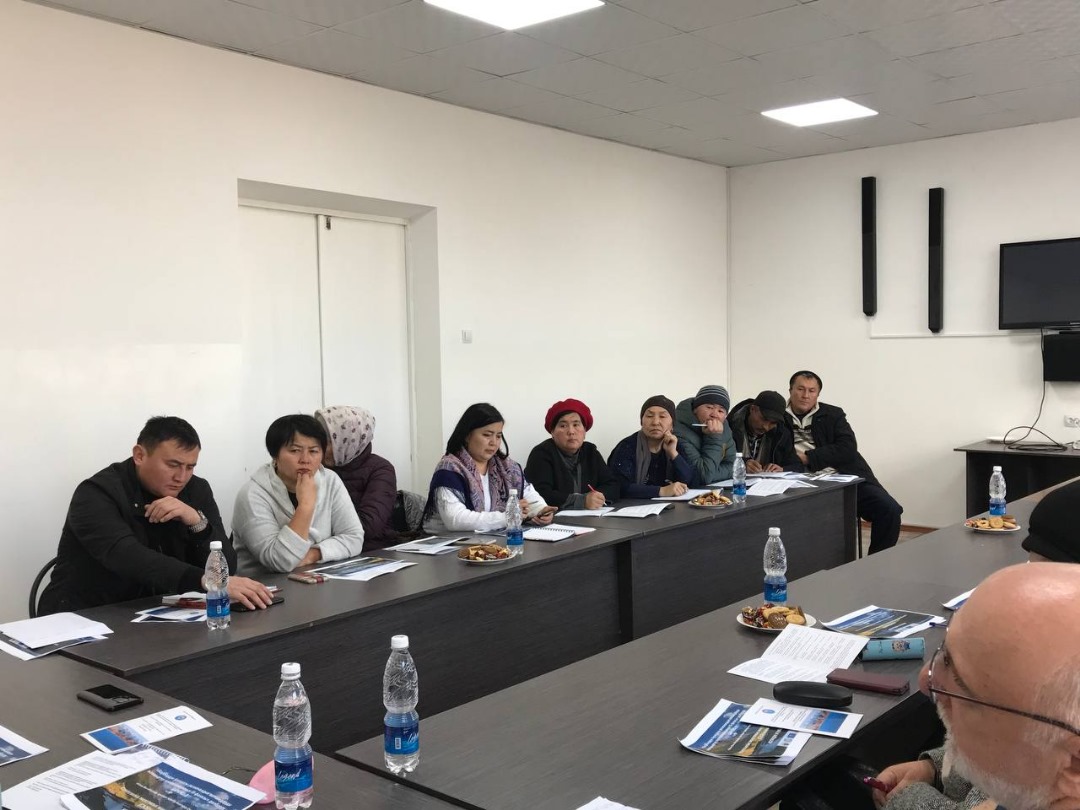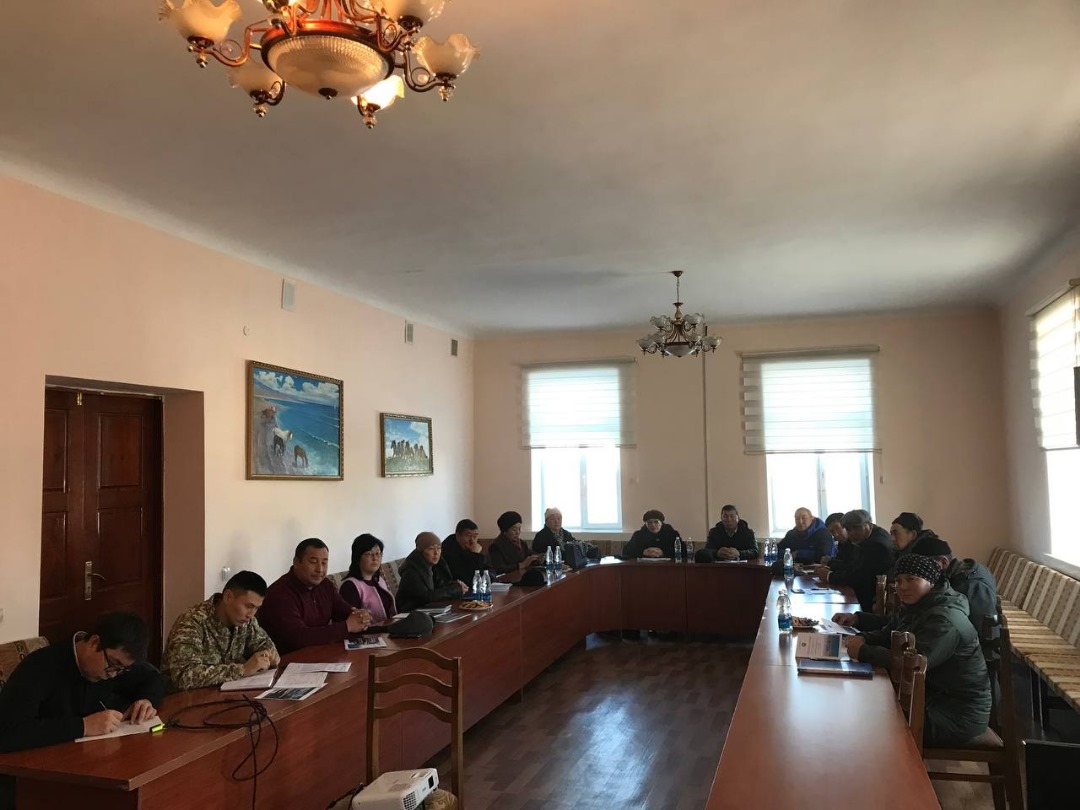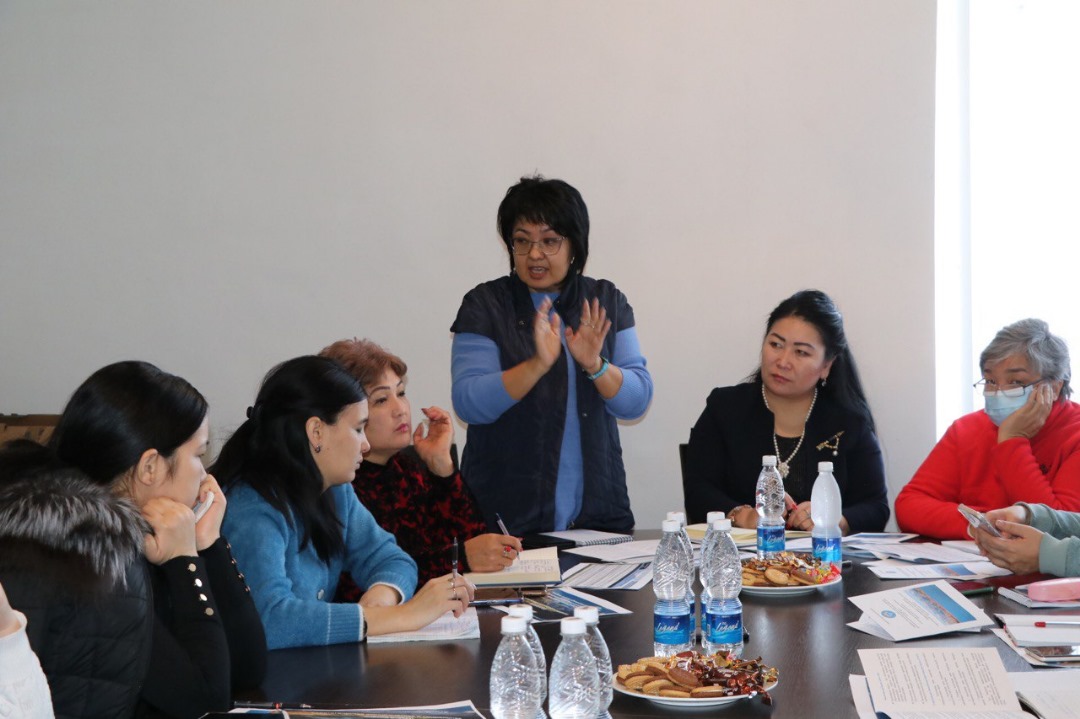The impact of tourism on local community development in Issyk-Kul
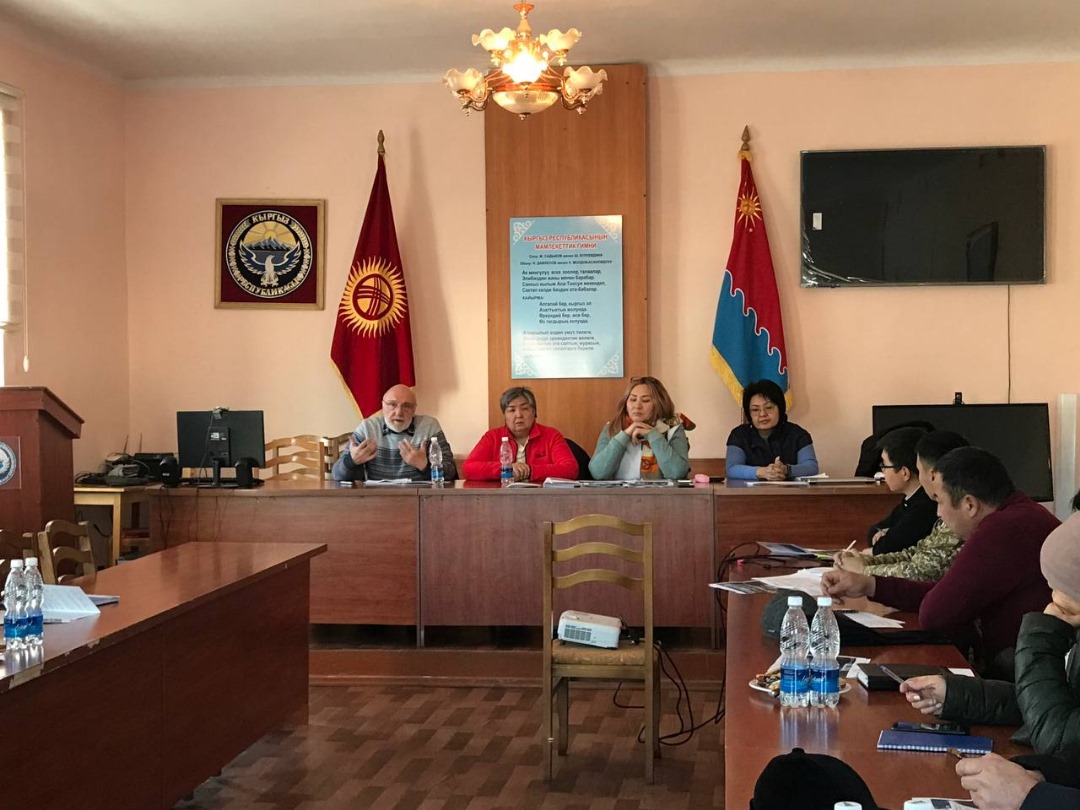
From December 12 to 16, 2022, public consultations were held in five locations in the Issyk-Kul region (Balykchy, Cholpon-Ata, Karakol, Bokonbaeva, Kyzyl-Suu) with around 150 participants (52% men and 48% women). The discussions focused on the impact of tourism on local communities, including income growth, employment, and the demand for agricultural products, as well as issues related to infrastructure, wastewater treatment facilities, and natural resource management. Recommendations were made to improve legislation, implement eco-technologies, support local businesses, and promote environmental sustainability.
Representatives from Balykchy proposed creating youth centers, volunteer movements, and an institute for public monitoring to oversee ecosystems. They also suggested creating a platform for discussing tourism development, infrastructure, environmental education, and cleaning the lake.
In Cholpon-Ata and the Issyk-Kul district, participants proposed developing quality standards and licensing for tourism activities to ensure equal conditions for all market players and protect consumer rights. They also recommended involving village leaders in environmental monitoring and strengthening legislation for the preservation of cultural heritage.
Participants from the Tüp and Ak-Suu districts proposed creating mountain trails for both locals and tourists and launching a "Cleanliness Starts with Me" movement. They also suggested involving pasture committees, youth councils, and women's councils in tourism development, emphasizing the benefits of tourism for local communities dependent on agriculture.
Focus group discussions on tourism, women’s entrepreneurship, gender equality, and violence brought together over 40 women, including leaders of women’s groups, councils, and municipal and government employees. They highlighted economic barriers for women, who bear the primary responsibility for childcare, family care, and household management, while also often being the main breadwinners. The discussions also addressed the challenges faced by rural women, who, despite heavy reproductive burdens, are excluded from decision-making processes, lack access to economic and informational resources, and are more vulnerable to domestic and gender-based violence. The need for greater opportunities for women in tourism, including the expansion of accommodation facilities, access to education, financial resources, and local government support, was also discussed to increase employment, income, and women’s independence.
